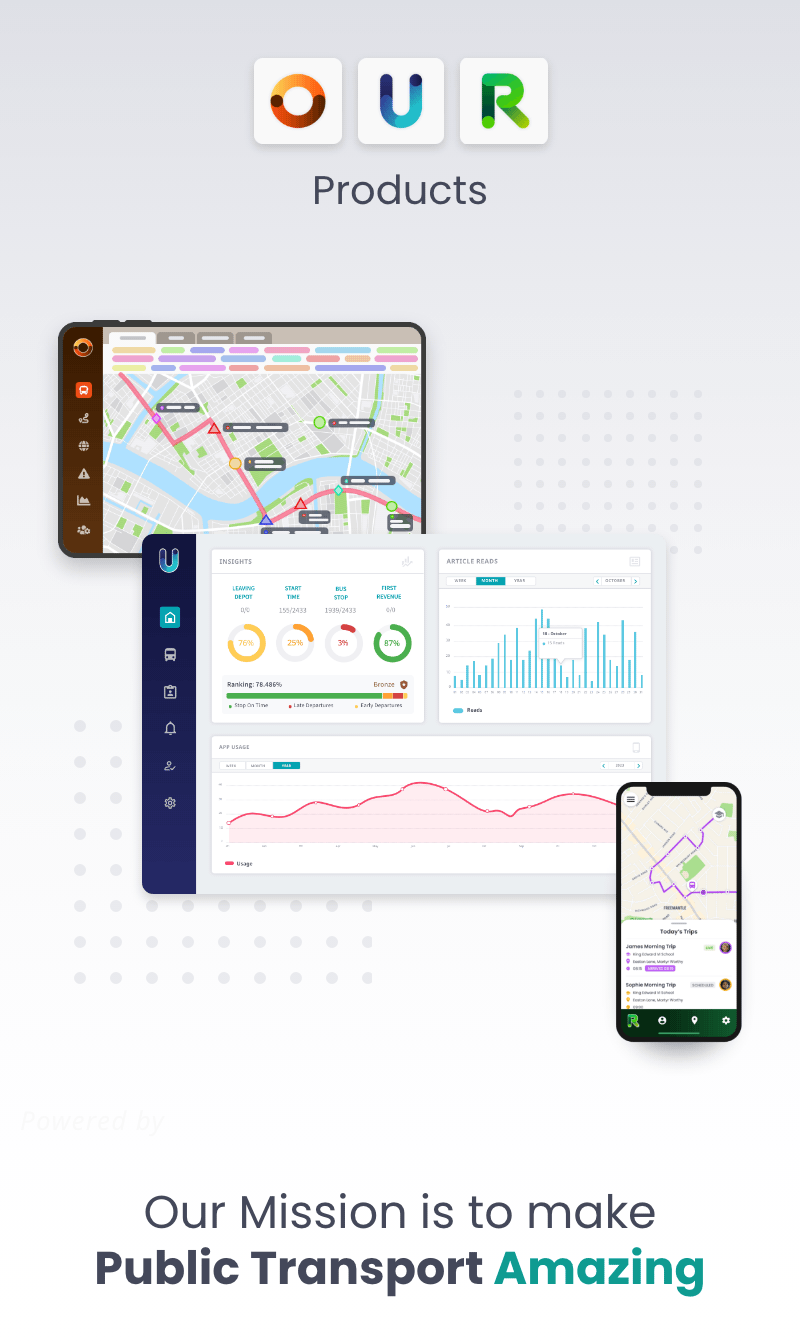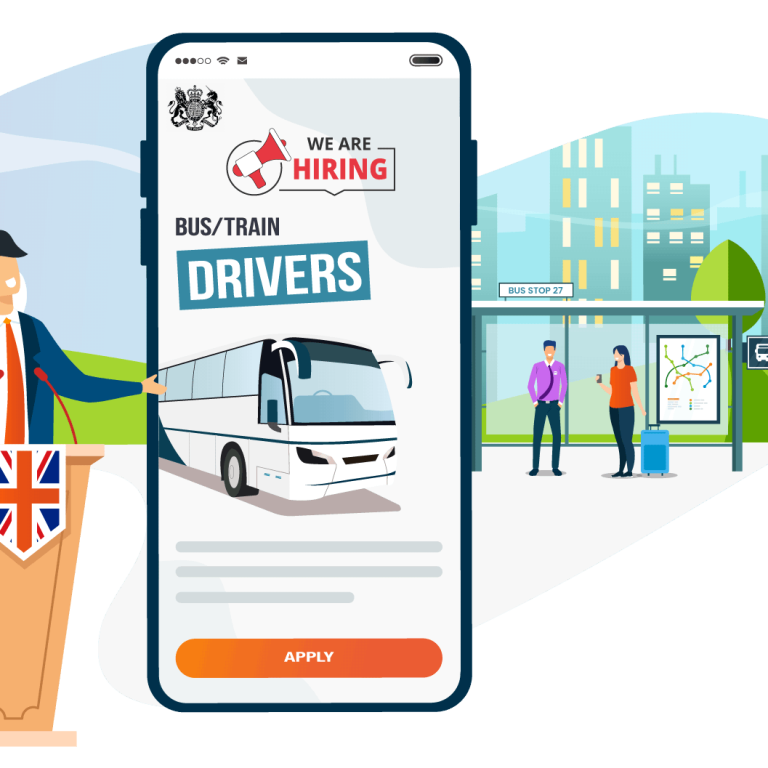A new study recently undertaken by the Confederation of Passenger Transport on the Economic Impact of Coach Services (in conjunction with KPMG) was a research project that examined both the coach industry’s direct contribution to the UK economy, as well as the inherent financial value that coach passengers bring to local economies across Scotland, England, and Wales. The research also highlights the additional benefits that a modern, healthy coach sector can bring to the nation’s table. These include improved connectivity at a relatively low price, as well as other significant benefits such as reduced congestion, better air quality, and a healthier population, as walking is encouraged as part of the coach experience.
The actual numbers are quite staggering: each year, Britain’s coaches deliver more than 450 million journeys, with coach passengers spending a substantial £8.3 billion in local economies. Of course, different markets generate different spending patterns, but they all count. One of the biggest is the domestic tourist market, where passengers visit the rich array of the nation’s tourist destinations, including classic visitor attractions, seaside resorts, national parks, special events, as well as cities across the length and breadth of the United Kingdom. I have witnessed this myself over the last two years post-pandemic. An excellent example of this growth can be found in Stratford-upon-Avon, the home of William Shakespeare. Coach travel has steadily increased, with a noticeable rise in American and North American visitors, as well as Chinese, Japanese, and Korean visitors once again visiting all the classic landmarks and spending their hard-earned money in local shops, cafés, pubs, and restaurants.
It is also worth noting the high spending value of the UK’s own domestic markets, where over £2.3 billion is spent by passengers travelling to domestic locations such as retail and leisure destinations (Bicester Retail Village in Oxford is an excellent example, with high-density coach services bringing visitors to the high-value retail outlets). Additionally, seasonal events like the Christmas markets (the Frankfurt Christmas Market in Birmingham is a prime example, where coaches travel from across the country for those Christmas present bargains), as well as big sporting events like the Cheltenham Gold Cup, with numerous coaches arriving from Ireland, and major music festivals like Glastonbury, all play their own part in almost invisibly adding real and tangible benefits to the UK economy. Lastly, but not to be forgotten, is the £0.6 billion generated from the ever-improving international tourist market, where people arrive from around the world for bespoke holidays.
The CPT research also provided a fascinating statistic, suggesting that any location making the effort to welcome just one additional coach per day could boost the local economy by up to £1 million annually. This truly illustrates the significant rewards that can be generated when even a modest increase in coach access is encouraged. It is a real source of regret that, at present, very few local and transport authorities pay much attention to encouraging and supporting coach operators, where a lack of parking and facilities makes access difficult and costly for them. However, these excellent results clearly demonstrate the major and valuable contribution that both the coach industry and, more importantly, the coach passenger – with their spending power – can bring to the future prosperity of the UK economy.

Written by Austin Birks








